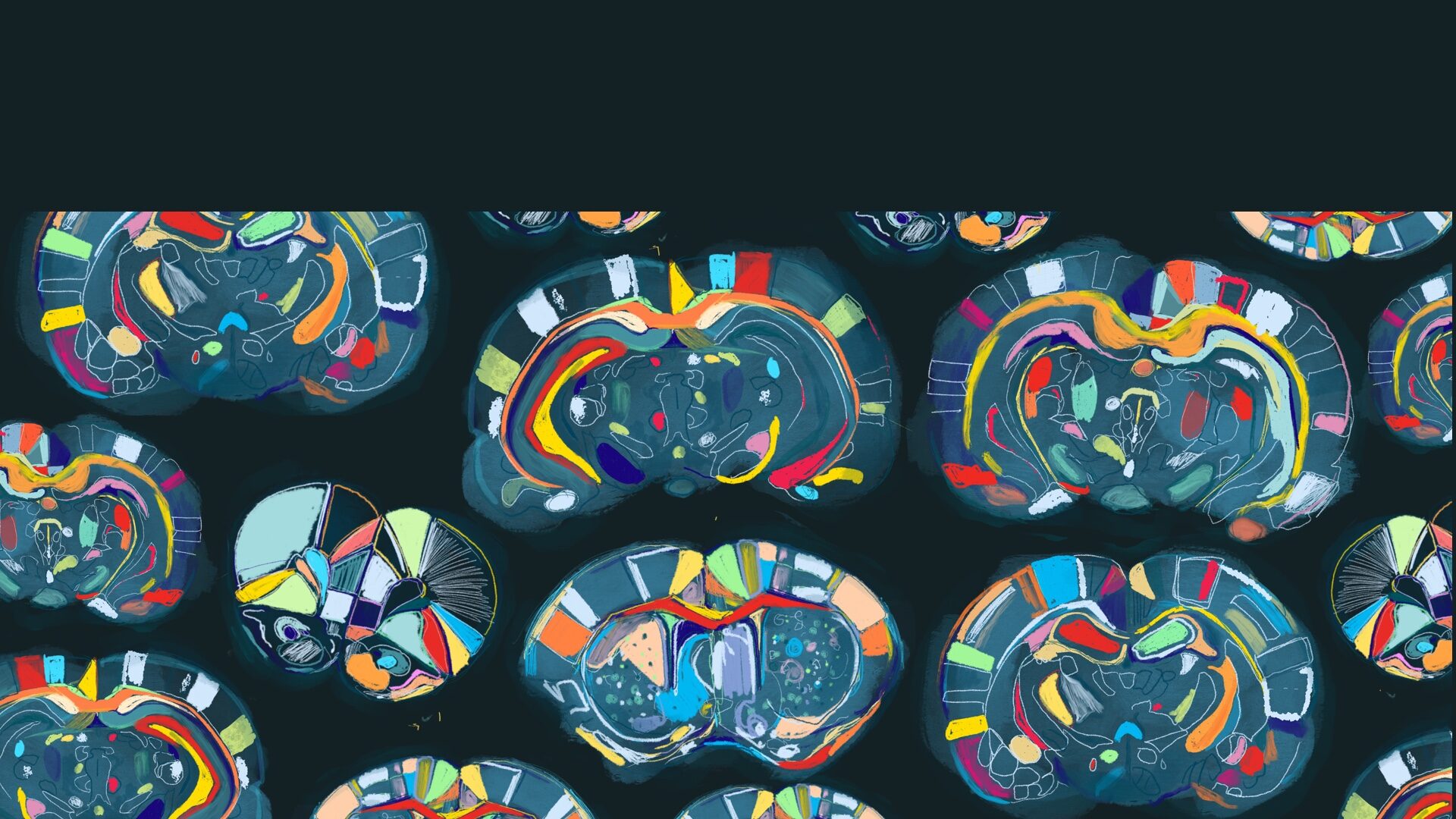 Neurobiological disorders that affect cognition and emotion are the most prevalent and the most devastating of human disorders. Whether it is a chronic disease such as schizophrenia or transient bouts of anxiety and panic attacks, they influence every aspect of an individual’s life and produce enduring personal anguish and hardship to family. New treatments for these conditions are contingent upon research breakthroughs that explain the neuronal processes that support cognition and emotion. By increasing our basic understanding of how these processes work, we can identify genetic or environmental causes that disrupt them. It is then that we can find cures or prevention strategies for these disorders.
Neurobiological disorders that affect cognition and emotion are the most prevalent and the most devastating of human disorders. Whether it is a chronic disease such as schizophrenia or transient bouts of anxiety and panic attacks, they influence every aspect of an individual’s life and produce enduring personal anguish and hardship to family. New treatments for these conditions are contingent upon research breakthroughs that explain the neuronal processes that support cognition and emotion. By increasing our basic understanding of how these processes work, we can identify genetic or environmental causes that disrupt them. It is then that we can find cures or prevention strategies for these disorders.
The Moghaddam lab uses a systems approach to study the neuronal mechanisms that maintain cognitive and emotional functions in key brain regions that have been implicated in symptoms of schizophrenia, ADHD, anxiety, and addictive disorders. Our primary focus is on prefrontal cortex subregions and dopamine neurons in the midbrain.
We use electrophysiological and neurochemical methods to study the coordinated activity of these regions during various behavioral paradigms. Pharmacological or environmental manipulation of these systems is used to model variables that are relevant to disease. Our work so far has led to fundamental new conceptualization about the pathophysiology of schizophrenia and identified novel pharmacological approaches for treatment of this brain disease. New directions include characterization of these neuronal systems during adolescence. The onset of symptoms for most psychiatric disorders is during adolescence; therefore, understanding what goes awry in this developmental period is critical for defining the neuronal basis of the disease process and designing strategies that prevent the onset of symptoms.
